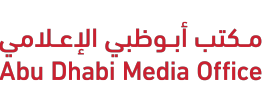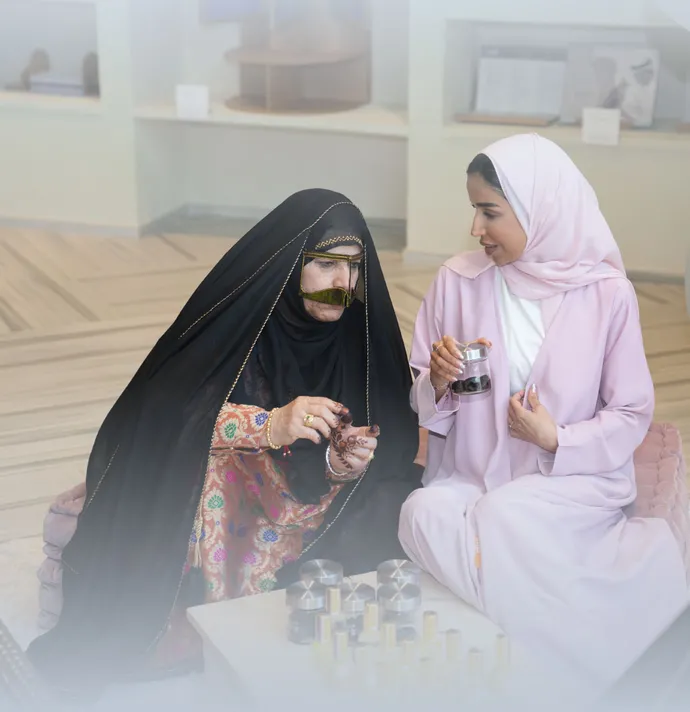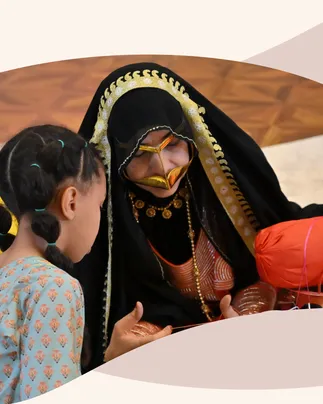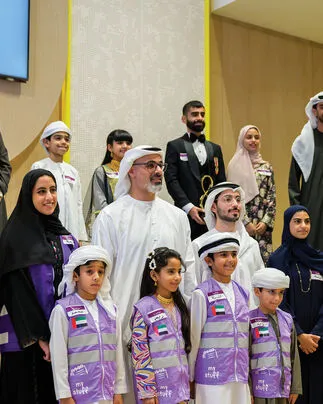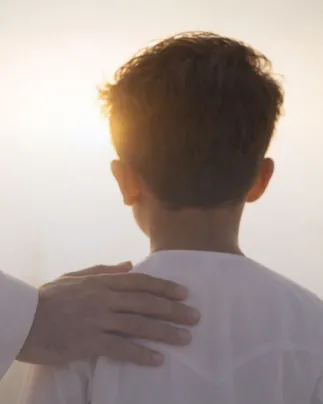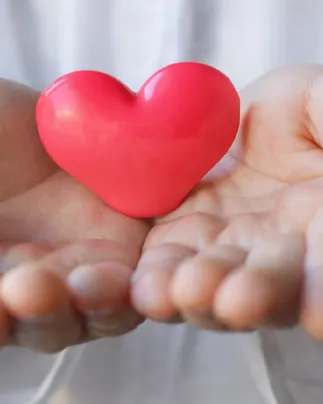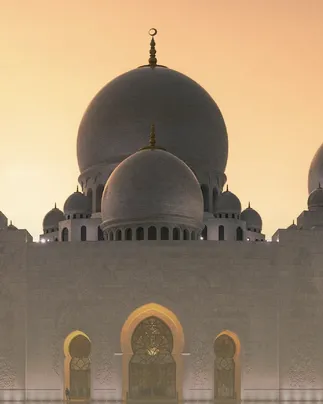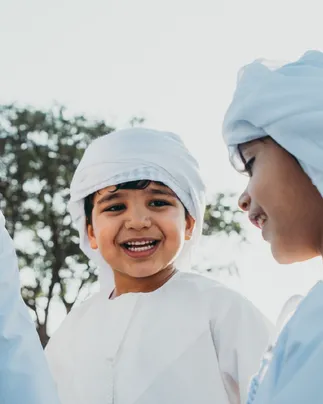The Supreme Council for Motherhood and Childhood hosted today, at its headquarters in Abu Dhabi, a special gathering marking World Children’s Day under the theme of the 2025 Emirati Children’s Day, The Right to Identity and National Culture.
World Children’s Day is observed globally on 20 November each year, and the gathering reflects the council’s commitment to supporting the UAE Government’s commitment to children’s rights under Wadeema’s Law, and its efforts to reinforce every child’s right to identity and national culture, including young People of Determination. It also reaffirms the UAE’s and the council’s adherence to the guiding principles of the UN Convention on the Rights of the Child, within the wider activities of the UAE Year of Community, which highlights the values of cohesion, solidarity, and active citizenship across the nation.
Throughout the year, the council continues to promote the values of Emirati Children’s Day through initiatives carried out in cooperation with partners across various sectors. These efforts aim to raise awareness among children and young people in the UAE about the importance of valuing and understanding their national identity, given its central role in shaping their character, strengthening their awareness, and enhancing their ability to engage confidently with their surroundings and deepen their sense of belonging.
The right to identity and national culture is a fundamental component of a child’s development. It encompasses their ability to engage with, participate in, and express their cultural heritage, including the Arabic language, traditions, and arts. Recognising and protecting this right fosters a deeper sense of belonging and identity, which is essential to a child’s overall wellbeing and growth.
This year’s theme also seeks to strengthen links between generations by encouraging shared activities between children and senior citizens, documenting local practices in child-friendly formats to preserve them for future generations, and promoting reading in Arabic to reinforce children’s connection to their mother tongue. It further supports local cultural and knowledge exchange across society, helping preserve Emirati heritage from poetry, proverbs, and traditional arts to Al-Ayala, Al-Harbiya, Al-Taghrooda, and traditional crafts, each carrying rich layers of history and national character.
The council emphasised that safeguarding a child’s right to identity and national culture positively influences many dimensions of their personality, including self-esteem and confidence. Children who are encouraged to explore and express their cultural heritage develop a strong sense of pride in who they are, something that often translates into better academic performance, stronger social relationships, and deeper family bonds.
The council has also published the Emirati Children’s Day Guide on its website, outlining how engagement in cultural traditions strengthens family ties and ensures the transmission of cultural knowledge across generations. The guide highlights how developing social awareness helps children understand and appreciate their own culture, building empathy and respect for others.
The council further noted that cultural awareness enhances children’s social relationships, reduces prejudice and stereotypes, and supports resilience and adaptability. A strong cultural foundation equips children to navigate change and challenges and fosters a broader worldview, as those grounded in their own culture and open to others tend to develop a more inclusive, global perspective, supporting their academic and personal success.
